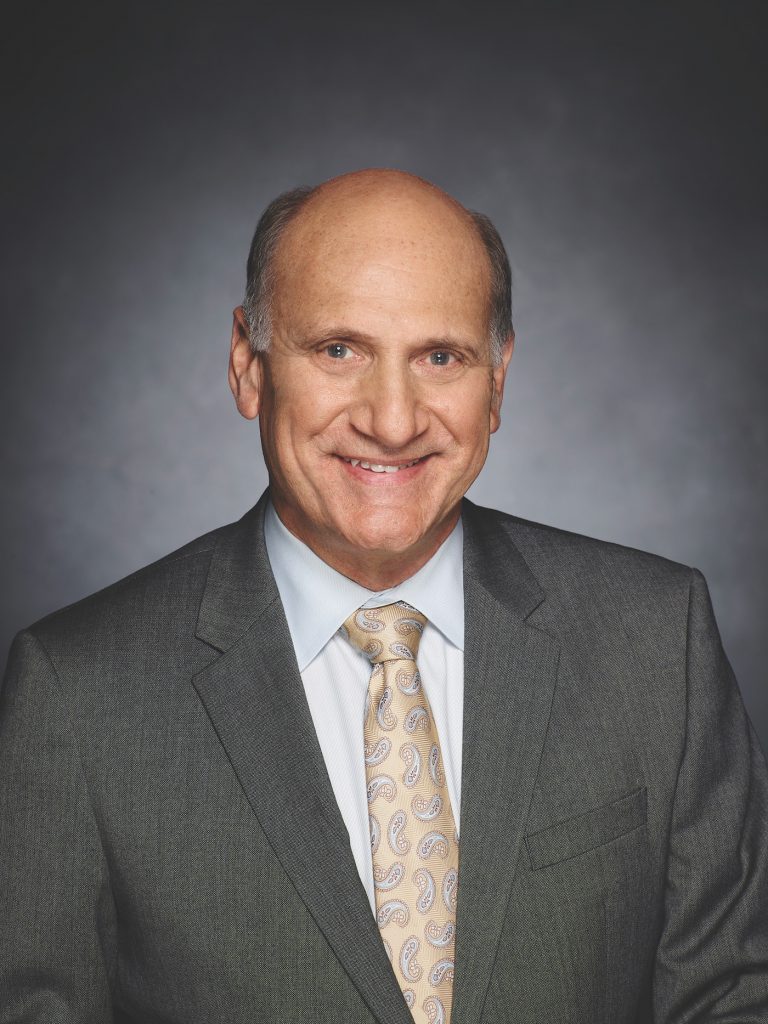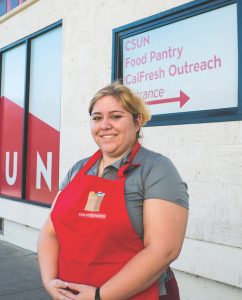A Career Spent Building L.A.’s Civic Strength
As told to Joe Donnelly

Steven Nissen might be the most impactful public servant you’ve never heard of, probably because he doesn’t fit the stereotype of a public servant.
Though he served as senior staff for Governor Gray Davis, with a portfolio that included planning, research, and innovation, Nissen has never held public office. Yet, his interest and involvement in public service dates back almost to the day he graduated Boalt Hall Law School in the star-spangled summer of our nation’s bicentennial. It wasn’t just the spirit of 1976, though, that sparked the Los Angeles native to pursue a lifetime of civic engagement, but rather a family tradition of community-mindedness that was handed down through countless dinner conversations.
In decades following law school, Nissen, among other things, developed the tiny Public Counsel Law Center into the nation’s largest pro bono law office, served as CEO of the State Bar of California, and chaired the Los Angeles Economic Development Corporation as well as the Chamber of Commerce. He currently sits on the board of the Ralph M. Parsons Foundation. Recently retired from NBC Universal, Nissen has started Nissen Consulting Group, whose foremost client is the pioneering medical research nonprofit, the Lundquist Institute for Biomedical Research.
It’s almost impossible to characterize a sprawling lifetime of community engagement, but if there’s been one guide star to Nissen’s civic endeavors, it would probably be his bedrock commitment to the community he was raised in and which he believes still holds the promise of a better life for so many.
This conversation has been edited for clarity and concision.
Where did this sense of civic engagement come from?
I just grew up with the values that you’re part of the community, you contribute to the community, you should contribute to the community more than you take from it… My father was a union labor lawyer. His firm represented everybody from the sheet metal workers to what is now the SEIU [Service Employees International Union] and some of the early Hollywood guilds. So, I grew up with dinner conversations about how we treat everybody with dignity and respect to just a sense of the rewards of really working for the underdog.
You’ve worked at this intersection of commerce and civic engagement — including your time as chair of the Chamber of Commerce — and some skeptics out there might say that intersection doesn’t really exist, that the twain never actually really meet. What’s your experience with that?
So that’s a great question and, I’ll say a couple of things: One is that I clearly was not out of central casting to be the chair of the Chamber of Commerce. On the other hand, in Los Angeles in particular, the Chamber is a very progressive organization. And here I was at a big media company, with an opportunity to really engage the business community and then the larger Los Angeles community in ways that I think the Chamber was very open to.
We live in a unique community in Los Angeles, and I think this business community is not a typical business community. We don’t have large fortune 500 companies in Los Angeles — we have a lot of entrepreneurs. It’s a very innovative, creative and I think, most importantly, diverse community. So, I think we all believed, and I certainly believed as chair, that if we didn’t harness that diversity that is Los Angeles, we couldn’t succeed together as a community. So, you’re right, the twain doesn’t always meet, but it can and does. At least in the case of the L.A. Chamber, I think, for the most part, it did and continues to do so.
Los Angeles has been pretty expansive in its ability to absorb and accommodate a wide spectrum of dreamers and dreams. Are you concerned that it is running out of its capacity to do that, particularly as we move more into an era of city state-like global hubs? Los Angeles is such an important hub for the Pacific Rim in Latin America and the Southwest of this country.
I grew up in Los Angeles and I think of Los Angeles as the most, and I’m not alone, innovative, creative place on earth. And it nurtured generations of people who come from elsewhere and who thrive here. But I think we’re really at an inflection point that in part was highlighted by the pandemic in that you have just a very large segment of the population that can barely afford subsistence. I mean, forget about housing, which is overpriced even for people who have means, but just for people to live daily lives and be able to educate their kids and clothe their kids and function in society. We are really at an inflection point. And for this experiment that we call Los Angeles to continue to thrive and function, we can’t really have that kind of economic divide between rich and poor.
What is the efficacy of philanthropy in addressing these types of fundamental and profound issues? There’s some sense that we can philanthropy our way out of these things.
No, philanthropy can’t solve it alone. All philanthropy can be is the starter yeast for both discussions and first steps to solving bigger problems. But those first steps go nowhere unless government is engaged and for government to be effectively engaged, we need strong leaders who are courageous, who won’t buckle at the first complaint of NIMBYism.
So, it takes vision and courage from our political leaders and it also takes commitment from our civic leaders. Obviously, it takes a commitment of funds from philanthropy, but it just takes a collective will that we can’t wish these problems away. We actually have to roll up our sleeves and invest in solutions and be committed to treating everybody with equal dignity. Because at the end of the day for all of us, public safety, public good, equal opportunity, is sort of the bottom line.
You have moved more into consulting these days. What takes up most of your time now?
Since I retired in January of 2020 from NBCUniversal, who have been great and whom I continue to consult for, I decided it would be interesting at this stage of life to pursue a bunch of passion projects. So, in addition to NBCUniversal, I have been consulting for a number of other groups. The one that has taken the most time and has been a real labor of love is called the Lundquist Institute, a medical research institute located in an unincorporated area in South Los Angeles, right next to Torrance.
Melanie and Richard Lundquist for their 70th birthdays, which were a couple of days apart, committed $70 million to what was then LA Biomed. So we changed the name to the Lundquist Institute. I had been chair of the board for four years a decade ago and talked to them about consulting for them because they needed help building the larger institution – expanding the board, facilities, community engagement, governmental affairs, and a higher profile with charitable institutions. So I’ve been helping them with all of that.
Here’s why I love the Lundquist Institute: They are in a socioeconomically diverse area of Los Angeles. Some of the richest communities and some of the very poorest people from all over the world live in the areas around Torrance – multiethnic, multinational, multiracial. So, you really have this melting pot of society adjacent to where the Institute is located. You have some of the most brilliant doctors and PhDs, biochemists, and researchers working at this institute, and then they, literally, walk down the road to Harbor UCLA hospital and they’ll treat patients who otherwise couldn’t afford even basic medical care, let alone getting world-class medical care often with cutting-edge therapies that are created at the Lundquist Institute.
The Institute not only works on treatments and cures and procedures, but it also provides education. So they have incredibly diverse students who otherwise wouldn’t even be involved in STEM activities, but because the neighborhood the Institute is located in is underserved, the Institute reaches out and brings people into the sciences who otherwise may never have considered it as a career — from elementary schools in the neighborhood to a diverse PhD program. The Institute has a mini medical school and Little Einsteins program which inspires kids who never would have been exposed to this to think that they could become doctors and researchers.
